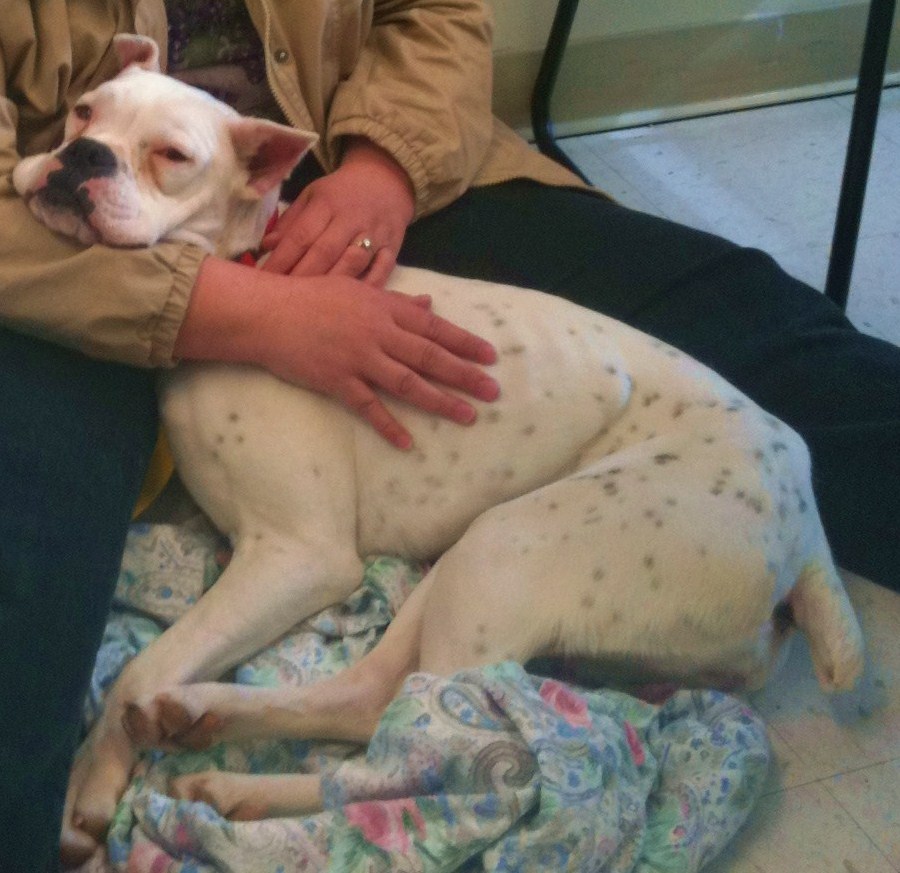
Dog arthritis, which most commonly occurs in older dogs but may also be witnessed in younger canines, is a degenerative disease that primarily affects the joints. while there are various strains or types of dog arthritis the most common form is osteoarthritis which can be caused by joint stress, trauma to the affected joint, or simply age.
Canine Osteoarthritis
Osteoarthritis is specifically caused by the breaking down of cartilage causing the bones to rub together. this culminates in sore joints and other symptoms. There are healthy and effective ways to help naturally combat some of the symptoms of dog arthritis as well as more direct forms of treatment.
Which Dogs Are most Prone To Arthritis?
Arthritis is most common in older dogs but can be witnessed in canines of any age. it is also more common in dogs that are considered overweight because this means that they are less likely to get adequate exercise. However, degenerative diseases are also linked to arthritis and ailments such as osteoarthritis and hip dysplasia can be found in very young dogs with the problem exacerbating over time.
Seeing the Signs
Early detection of degenerative arthritis can help you take action before it really gets hold. Arthritis can be an acutely painful condition that makes life miserably and painful and without intervention of some sort the problem is not only likely to persist but worsen too.
Symptoms
Stiffness, limping, and even lameness may be a sign that your dog has arthritis. Weight gain, loss of appetite, inactivity, and unusual sleeping patterns are other possible symptoms. any kind of action or reaction that may indicate pain from movement could point to the onset of arthritic complaints. if your previously house trained dog starts urinating in the house then this may be a sign that he or she does not want to walk outdoors because of the pain.
Treatment
Canine arthritis cannot usually be fully treated but the symptoms can be managed. this is especially true if you catch the signs early and take your family companion to the vets as soon as possible.
Exercise and proper diet are encouraged. Exercise improves the muscle mass around effected arthritic joints and this relieves the tension put on the joints. it helps ensure that joints remain flexible rather than becoming stiff and painful.
The effects of degenerative arthritis are usually worsened through bad diet, especially if a previously active dog becomes less active. Overweight dogs should be put on a diet to help them achieve and maintain a healthy weight and there are special food products that are designed especially for this purpose.
Medications
Nonsteroidal anti-inflammatory drugs are commonly prescribed for dog arthritis. the anti-inflammatory properties means that they can provide rapid pain relief in many cases. However, they do not repair the damage that has already been done to the cartilage. Certain medications including aspiring may also be prescribed but you should never give your dog human remedies or drugs for their arthritis or any other illness or complaint.
Prevention
Prevention is better than cure and in the case of canine arthritis this means the prevention of the arthritis from getting worse. a holistic program can be worked out with your vet that includes diet, exercise, and even supplements. These can strengthen muscle mass, improve joint movement, and prevent the arthritis from worsening. Orthopedic dog beds can prevent pain while sleeping and give your dog somewhere comfortable to sleep and you should ensure that you have a comfortable collar and leash for walking too.
Canine Arthritis
Canine arthritis can be incredibly painful for dogs, as it can for humans. There are medications that can be prescribed by the vet that will help ease the symptoms and good exercise and diet may prevent the problem from worsening but there is very little that can be done to repair the damage that has already occurred in the body.
Article by Matt Jackson and photo by monkeyc